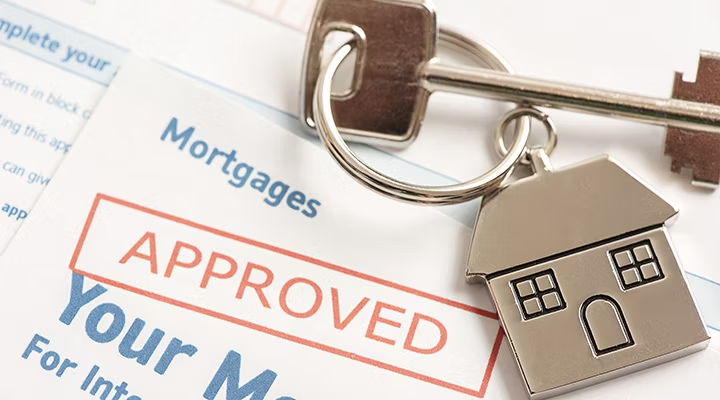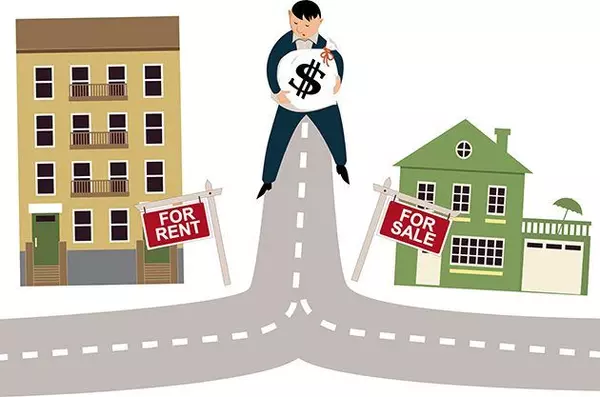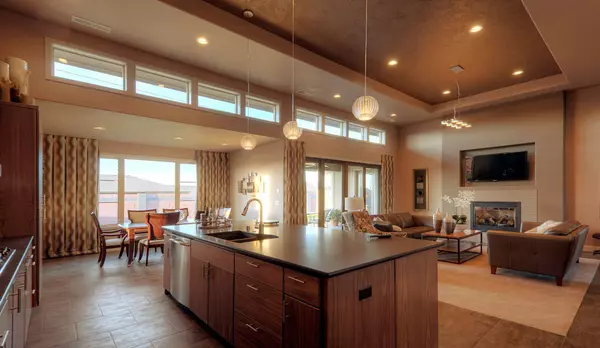First-Time Homebuyer’s Guide
### First-Time Homebuyer’s Guide
Purchasing your first home is an exhilarating journey, filled with excitement and a touch of anxiety. As a first-time homebuyer, you may feel overwhelmed by the myriad of decisions you need to make. From choosing the right neighborhood to navigating new construction options, understanding the essential steps can make the process smoother and more enjoyable.
#### Understanding Your Needs
Before diving into the homebuying process, take some time to assess your needs and preferences. Consider factors such as:
- **Budget**: Determine how much you can afford, keeping in mind not just the purchase price but also ongoing costs like property taxes, insurance, and maintenance.
- **Lifestyle**: Think about your daily routine. Do you prefer a bustling urban environment or a quiet suburban neighborhood? Are schools or parks important to you?
- **Future Plans**: Consider how long you plan to stay in the home. If you're looking for a long-term investment, focus on neighborhoods with growth potential.
#### Getting Pre-Approved for a Mortgage
One of the first steps in your homebuying journey is securing financing. Getting pre-approved for a mortgage gives you a clear understanding of your budget and demonstrates to sellers that you are a serious buyer. Shop around for lenders and compare interest rates and terms to find the best deal.
#### Choosing the Right Neighborhood
The neighborhood you choose will significantly impact your quality of life and property value. Research various areas by considering:
- **Safety**: Look up crime statistics and talk to local residents.
- **Amenities**: Proximity to grocery stores, restaurants, parks, and public transportation can enhance your living experience.
- **School Districts**: If you have children or plan to in the future, investigate local school ratings.
Visiting neighborhoods at different times of day can also give you insight into their vibe and community dynamics.
#### Exploring New Construction vs. Existing Homes
As a first-time buyer, you might be torn between purchasing an existing home or opting for new construction. Each has its pros and cons:
**New Construction:**
- **Customization**: Many builders allow buyers to customize finishes and layouts.
- **Low Maintenance**: New homes typically require less immediate maintenance.
- **Energy Efficiency**: Modern homes often come equipped with energy-efficient appliances and materials.
However, new constructions can sometimes come with higher price tags and longer wait times due to building schedules.
**Existing Homes:**
- **Established Neighborhoods**: Existing homes are often located in well-established communities with mature landscaping.
- **Potential for Negotiation**: There may be more room for negotiation on price with existing properties.
- **Character**: Older homes often have unique features that newer builds lack.
Evaluate what’s most important to you before making a decision.
#### Working with a Real Estate Agent
Engaging a qualified real estate agent can significantly ease your homebuying experience. An agent can provide valuable insights into market trends, help identify suitable properties based on your criteria, negotiate offers on your behalf, and guide you through paperwork. When selecting an agent, look for someone who specializes in working with first-time buyers and has extensive knowledge of your desired neighborhoods.
#### Making an Offer
Once you've found a property that meets your needs, it’s time to make an offer. Your agent will help draft this offer based on comparable sales in the area (known as “comps”). Be prepared for counteroffers; negotiation is part of the process.
#### Conducting Inspections
After your offer is accepted, scheduling inspections is crucial. A home inspection will uncover any potential issues such as structural problems or outdated electrical systems. This step can save you from costly surprises down the road. If significant issues arise during inspection, don’t hesitate to negotiate repairs or credits with the seller.
#### Closing Process
The closing process involves signing numerous documents and finalizing financial arrangements. Review all documents carefully—this includes understanding closing costs which may encompass fees for inspections, appraisals, title searches, and more.
#### Moving In!
Congratulations! After closing on your new home, it's time to celebrate! However, before moving in:
1. **Change Locks**: For security reasons, consider changing locks immediately after closing.
2. **Deep Clean**: A thorough cleaning ensures that everything is fresh before unpacking.
3. **Set Up Utilities**: Ensure all utilities are set up prior to moving day for a smooth transition.
### Final Tips
To make your journey as seamless as possible:
- Stay organized by creating checklists for each step of the process.
- Keep communication open with your real estate agent; ask questions whenever you're uncertain.
- Be patient; finding the right home takes time but is worth it in the end!
Navigating the world of real estate as a first-time buyer may seem daunting initially—but armed with knowledge and preparation, you'll be well on your way to making one of life's most exciting investments!
Categories
Recent Posts










